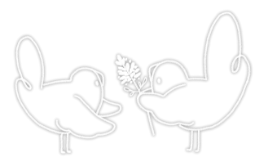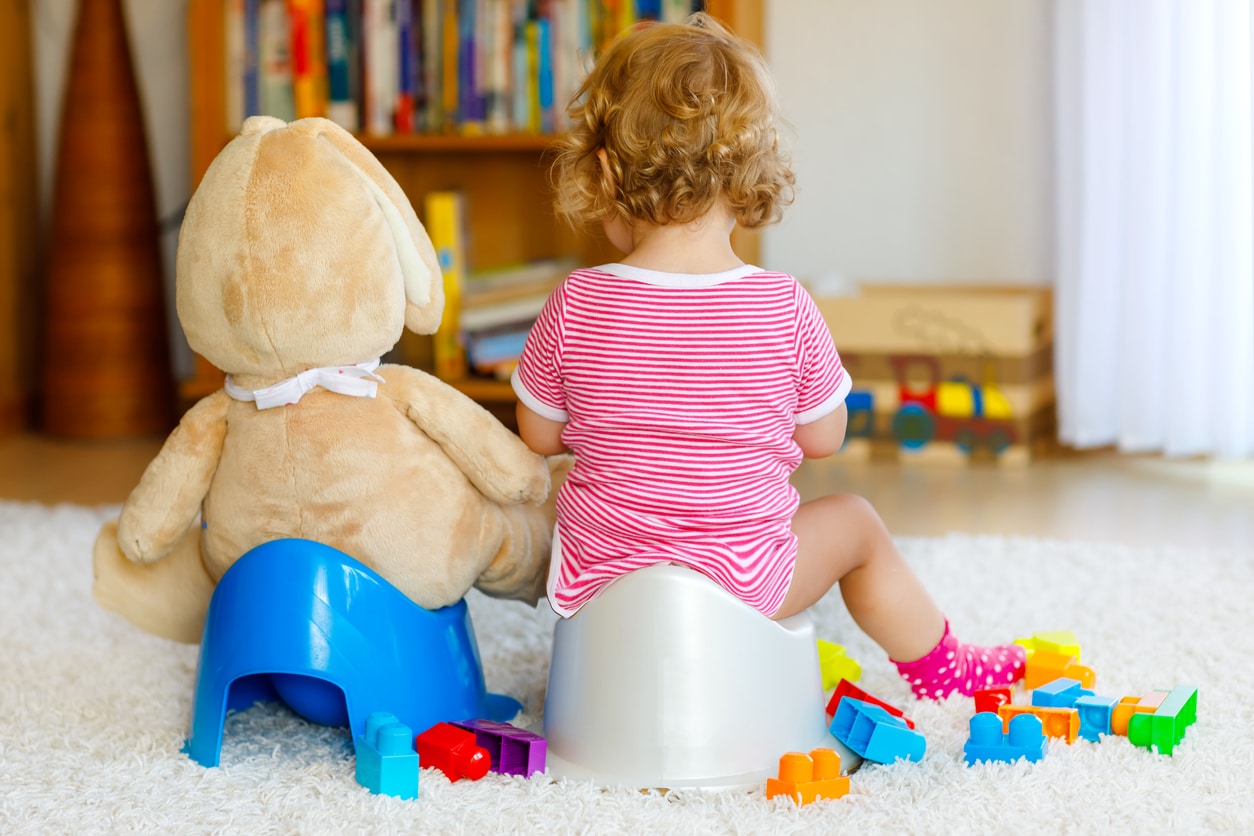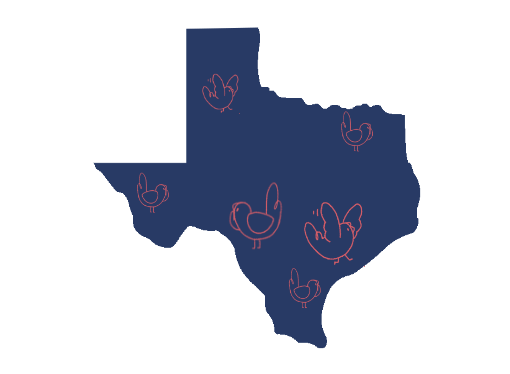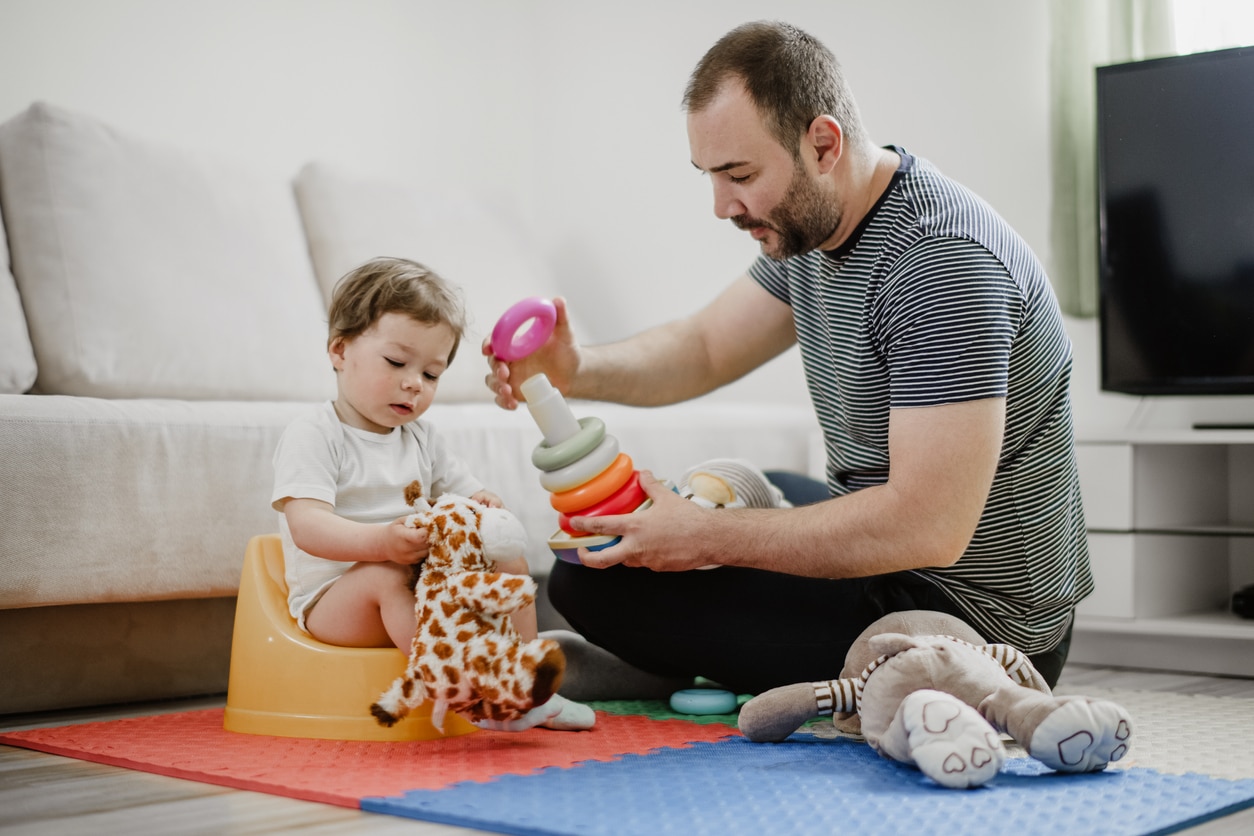
Toilet Training Sessions
Autism and Toilet Training
Toilet training can be especially challenging for children with autism. Many children with autism have difficulty with change, and going from diapers to using the toilet can be a big change for them. They may also be sensitive to too much sensory input, which can make using the bathroom uncomfortable. With the help of a BCBA, many children with autism can successfully learn to use the toilet.
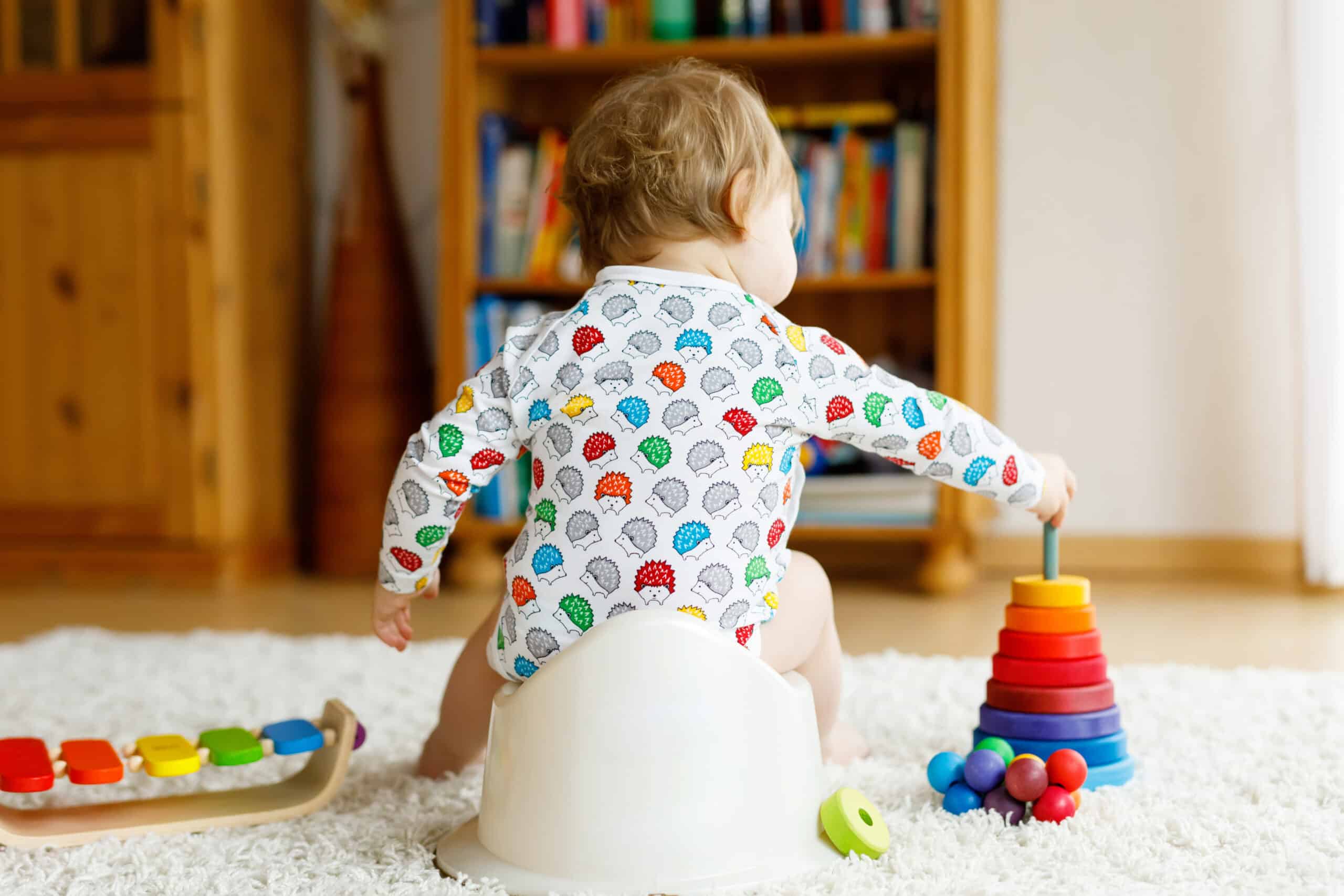
Toilet Training Sessions
What to Expect During Potty Training Sessions
Our potty training sessions are designed to be fun and interactive, while also providing your child with the skills and knowledge they need to be successful. During your three-hour session, we will start by assessing your child’s readiness for potty training. This will help us determine the best approach to use during sessions. We will then work with you to create a potty training schedule that fits your child’s needs. This may include multiple potty breaks throughout the day or longer sessions depending on your child’s progress.
After your session, a BCBA will answer any questions you have and offer tips and resources to help you and your child succeed. If needed, additional assistance from the BCBA after the session is also an option.
Toilet Training Using ABA Therapy
Although Empower Behavioral Health offers potty training services for children with or without autism or developmental disabilities, we offer toilet training sessions associated with Applied Behavior Analysis (ABA) protocol.
We use a variety of ABA techniques, including positive reinforcement, to help your child learn at their own pace. Some of the ABA positive reinforcement strategies we may use include natural environment training, token economy and task analysis.
Our team of qualified BCBAs will work closely with you and your child to develop a personalized toilet training program that takes into account your child’s individual needs and preferences.
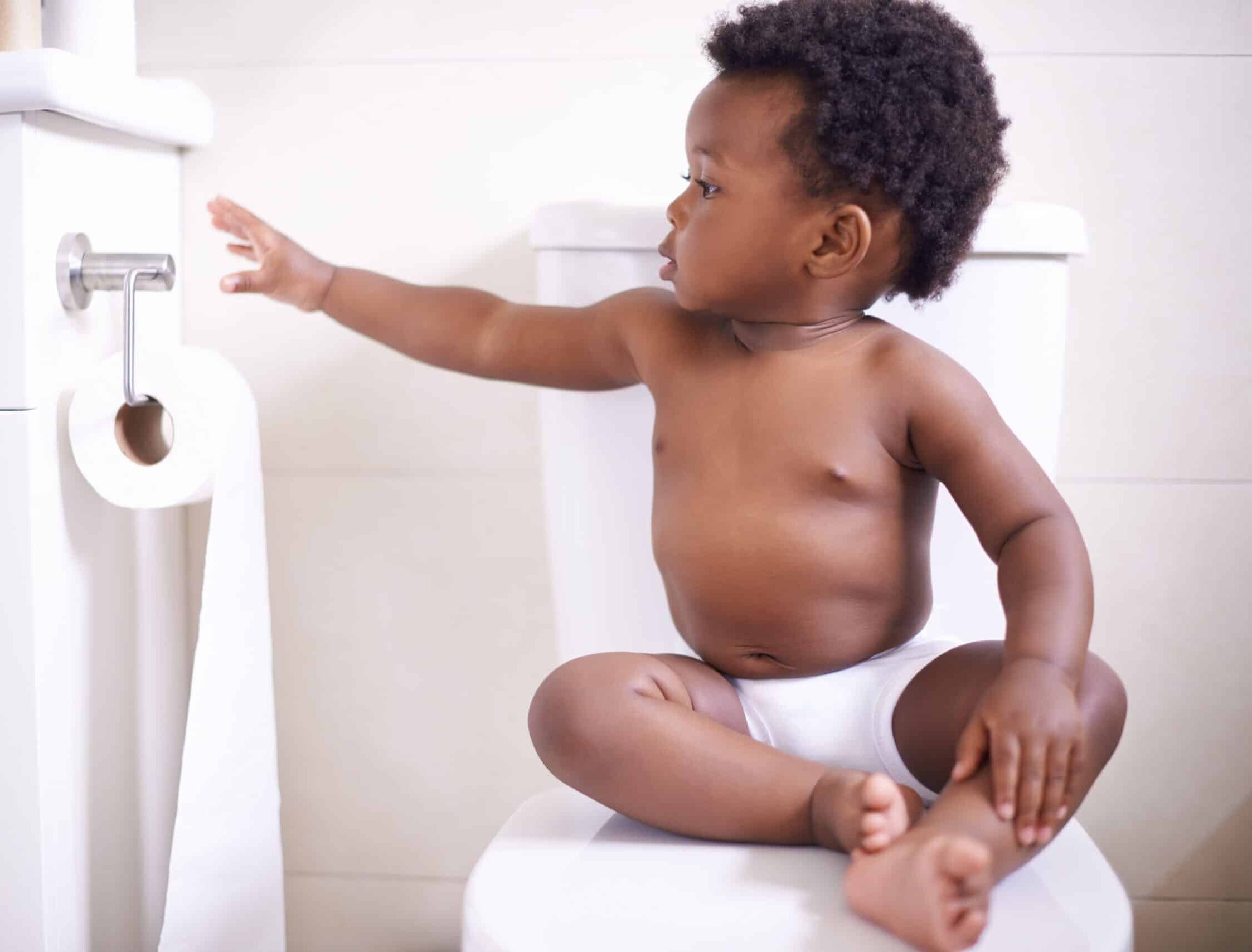
Toilet Training Sessions
What Age Should Toilet Training Start?
The ideal age to start toilet training is around 18 months, though it can vary from child to child. Starting too early can be frustrating for both the parent and child, while starting too late may make the process more difficult.
Signs of Readiness for Toilet Training
There are several signs that your child may be ready for toilet training. These include:
-
Showing an interest in the toilet or potty chair
-
Asking to wear underwear
-
Expressing a dislike for diapers
-
Understanding basic commands such as “sit” and “stand”
-
Having regular bowel movements at predictable times


